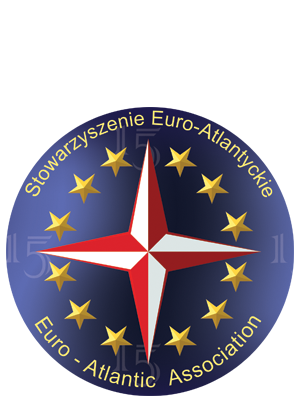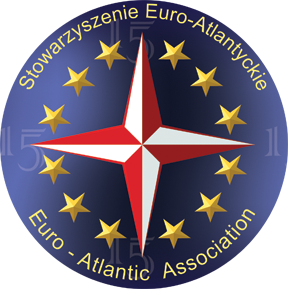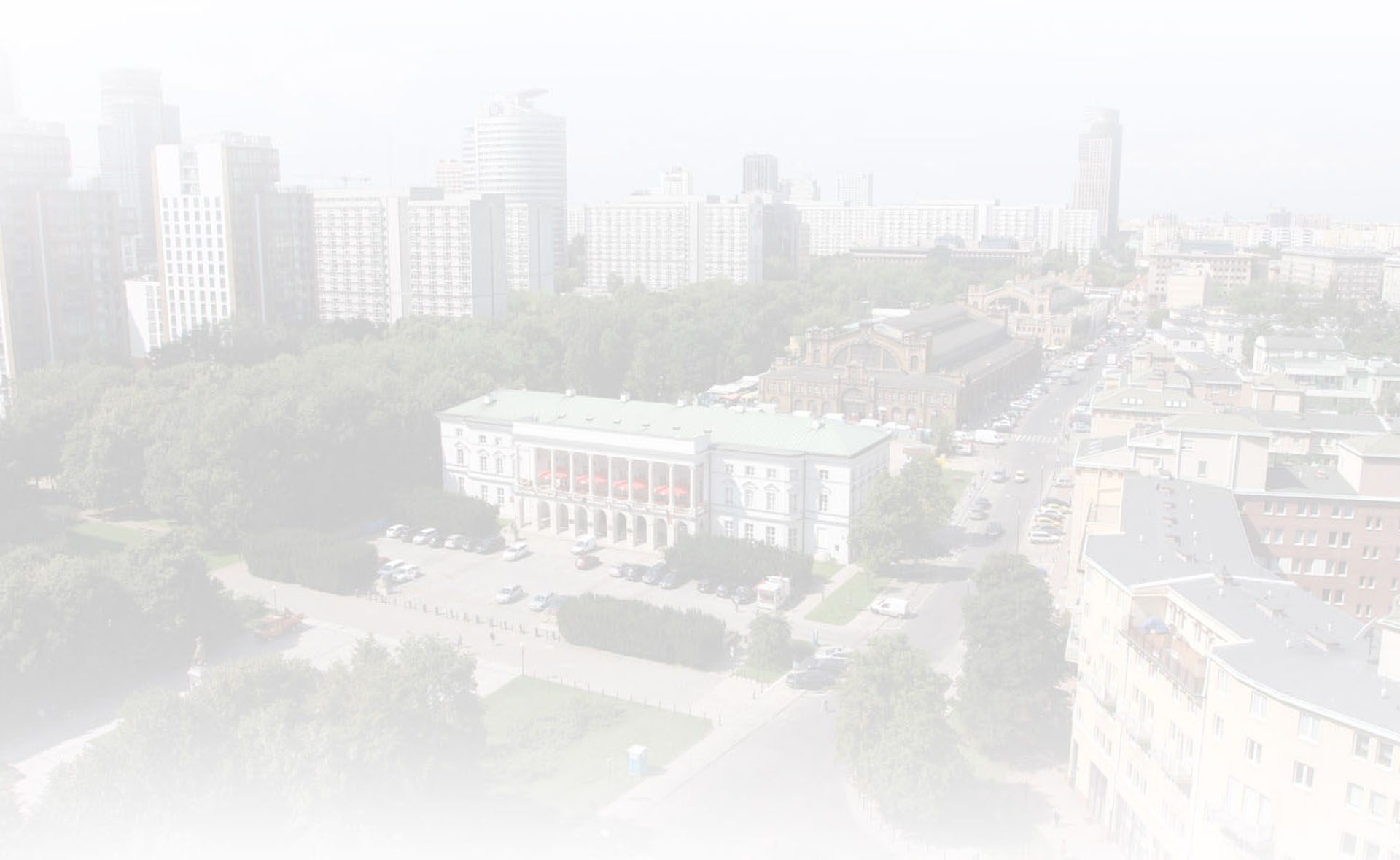Statement by the Bureau of the Euro-Atlantic Association on the Events in Ukraine
Statement by the Bureau of the Euro-Atlantic Association on the Events in Ukraine
<
1. SEA expresses its deep concern over the actions of the authorities of the Russian Federation, which support the systematic annexation of Crimea and undermine the stability of Ukraine and the region as a whole. These activities, which violate international law, the UN Charter and the Helsinki Accords, in particular the principles of inviolability of borders and territorial integrity, lead to, among other things, the undermining of the European system of international security, established in the early 90s of the last century, which has ensured peace on the continent for more than two decades. They are harmful to the entire international community, including the Russian Federation.
2. SEA expresses its solidarity with the aspirations of the Ukrainian people to maintain the independence and territorial integrity of their country, the freedom to decide on the shape of internal developments and selection of alliances and international relationships; SEA also expresses its appreciation for the restraint shown by the Ukrainian authorities in the face of a conflict that has been imposed on them. It is unacceptable for Russia to grant itself the right to interfere in the internal affairs of sovereign states.
3. According to SEA, the time has come for a political solution to the conflict, so that events do not reach the point of no return. Accordingly, SEA urges:
– the authorities of the Russian Federation to show restraint, withdraw Russian troops back to bases in the Crimea, distance itself from the unconstitutional referendum of 16 March and support of separatist groups in Crimea and eastern Ukraine, cease activities that fester the destabilizing propaganda campaign against the lawful authorities of Ukraine, start talks with the authorities in Kiev and to cooperate with the EU, the OSCE, the United States and other countries concerned, in order to ease tensions and to provide economic and financial support to Ukraine;
– the UN, the OSCE and the Council of Europe to take a firm and active stance against violations of international law and, in the event of further escalation of tensions, to take adequate steps against the Russian Federation to protect international law and security and the rights of Ukraine itself, and to facilitate dialogue aimed at a peaceful resolution to the contentious issues;
– the European Union, the U.S. and NATO to strengthen Euro-Atlantic solidarity in the face of challenges such the actions of the Russian Federation, and to provide urgent and tangible support to Ukraine in its efforts to rebuild the political system of the country, including the abolition of visas. The North Atlantic Alliance to maintain a channel of dialogue with Russia, while ensuring the appropriateness, proportionality and automatism of its response to actions affecting the safety and security of Member States in Europe;
– the Polish Government to continue its unwavering efforts to maintain cohesion, solidarity and Euro-Atlantic activism in the Ukrainian-Russian crisis, and to coordinate efforts of the authorities and non-governmental institutions to grant Ukraine adequate and appropriate support, including in the field of youth contacts.
The Euro-Atlantic Association (SEA) was founded in 1994 and played a significant lobbying role around the world for Polish accession to NATO. In 2009, Minister Bogdan Klich and Foreign Minister Radoslaw Sikorski held defence policy consultations at SEA. The Association co-organized Warsaw Transatlantic Forum, which was attended by NATO Secretary General Jaap de Hoop Scheffer. Chairman of the SEA Executive Council, and a two-time defence minister, Janusz Onyszkiewicz, participated in the 55th Session of the General Assembly of NATO. Members of the organization deal with particularly important, and often controversial, topics for Poland such as: Does Poland needs a ballistic missile shield? Does Russia threaten Poland? Is NATO able to defend Poland? Association members include: President Bronislaw Komorowski, Marshal Longin Pastusiak, Prime Minister Hanna Suchocka, and Minister Wladyslaw Bartoszewski, among others. SEA is also a member of the Atlantic Treaty Association (ATA), an international organization that brings together politicians, scientists and diplomats, in an effort to support the development of democracy, freedom, peace and security. SEA president is Marek Goliszewski.
Euro-Atlantic Association, Plac Żelaznej Bramy 10, 00-136 Warszawa, 22 582 61 99 zarzad@sea.org.pl : www.sea.org.pl






Sorry, the comment form is closed at this time.